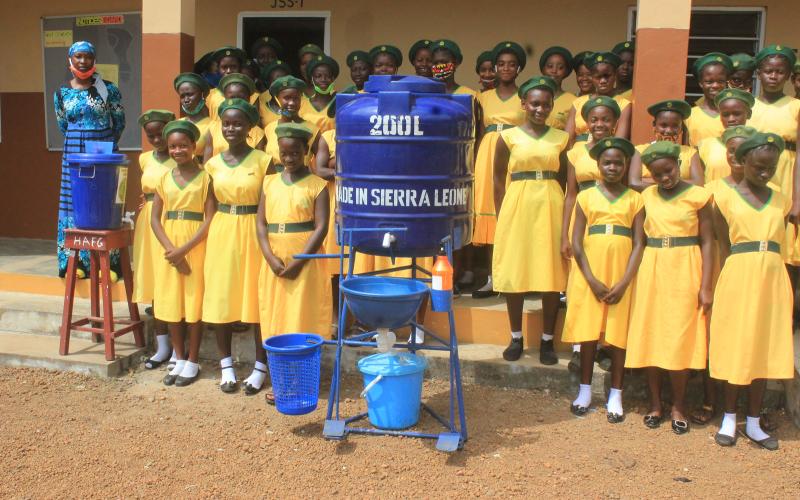
Since 2000, The World Health Organization (WHO) has been on the forefront of the initiative to end malaria. With over half the world’s population at risk of contracting the infection, the agency has pushed to provide the adequate treatment and prevention to affected areas. In ten years, the mortality rate of malaria in the African region was reduced by 33% (WHO). Worldwide, the mortality rate was lowered by 25%. However, with the new development of drug resistant strains of the virus, agencies are clamoring to keep up with the changing face of malaria.
Malaria is a parasitic infection within the bloodstream that hijacks the circulatory system and manifests itself in a variety of ways. It its most aggressive form, the parasite attaches itself to the inner lining of veins and inhibits the flow of blood through the vessel. Symptoms can include fever, body aches, and nausea. If left untreated, the infection can cause severe anemia and kidney failure.
When treated in a timely manner, malaria is curable. In its initiative to eradicate the disease, the WHO has utilized artemisinin-based combination therapies, commonly known as ACTs, with great success. The treatment combines artemisinin, a drug utilized to kill the majority of the parasites within the bloodstream, in conjunction with other medicines to rid the body of the disease while minimizing the likelihood of resistance toward the medication. Treatment is quite inexpensive, costing as little as ninety cents for an adult and thirty cents for a child.
In 2009, amidst rumors of a rouge strain of the disease affecting the South Asian region, the WHO confirmed the existence of a drug resistant, aggressive form of malaria on the Thailand-Cambodian border. The development of the resistant strain was caused by several factors including artemisinin monotherapies, in which artemisinin is distributed to the ill without the accompanying anti-malarial drug. Fears of an outbreak of the drug-resistant strain in impoverished regions such as Africa prompted swift action from WHO to stop the spread of the newly aggressive disease.
In response to the threat, the WHO launched the Global Plan for Artemisinin Resistance Containment. Through collaborate efforts, the program contains drug-resistant malaria through a combination of accurate diagnosis and long-term surveillance within the affected regions. In addition, the WHO has called on manufacturers of the ineffective artemisinin monotherapies to halt production of the product. Thus far, the agency has succeeded in stopping production in 48 companies, reducing the number of global manufacturers to 25.
While the program is making strides, the fight for the eradication of the drug-resistant malaria is still in its infancy. Nonetheless, the changing face of malaria has not deterred the WHO from continuing its mission to curb the spread of the disease and end the global endemic.

